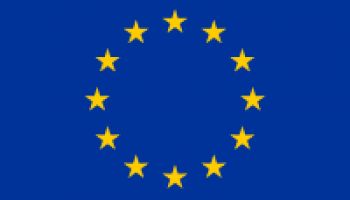Internet Of Things Conference Underway In Poland

The European Union has high hopes for the Internet of Things at the Future Internet Week conference
The Polish presidency of the European Union is hosting a half-day conference on The Internet of Things (IoT) as part of Future Internet Week, being held at the Poznań University of Technology in Poland.
The event, the fifth since 2007, is part of a broader EU initiative aimed at shaping the European policy on the IoT. As part of this mandate, the event will include two key panel discussions – the rise of the sensing enterprise, and a discussion on developments in governance of the IoT and the Internet, including the European Commission’s initiative to prepare a recommendation for the member states on the governance of the IoT by mid-2013.
Opportunity for growth
 According to Gérald Santucci, director general for the Information Society and head of the Networked Enterprise and Radio Frequency Identification (RFID) unit, the conference will underline how and why an Internet of Things will lead to greater opportunities for growth and jobs in the European economy and industry, but warns that all may be for naught unless there is a commitment and convergence of decision-makers from government, industry and civil society in Europe.
According to Gérald Santucci, director general for the Information Society and head of the Networked Enterprise and Radio Frequency Identification (RFID) unit, the conference will underline how and why an Internet of Things will lead to greater opportunities for growth and jobs in the European economy and industry, but warns that all may be for naught unless there is a commitment and convergence of decision-makers from government, industry and civil society in Europe.
He said in a blog post “The number of devices connected to, and by, the Internet is expected to range between 16 billion and 50 billion by 2020, depending on the definition of ‘device’ that is retained. Fleet and freight management, security/surveillance, transport and mobility, vending/payment terminals, smart metering and grids, and industrial processes are all areas where connected devices will help to improve standards of living and provide new solutions for enabling the enterprise of tomorrow and for addressing global challenges.”
Realising the full potential of the Internet of Things requires various challenges to be addressed, he added, including balancing security and resilience with end-user programming, convenience and innovation, providing a new legal definition of privacy and assessing how to deliver ethics in the technological design of systems.